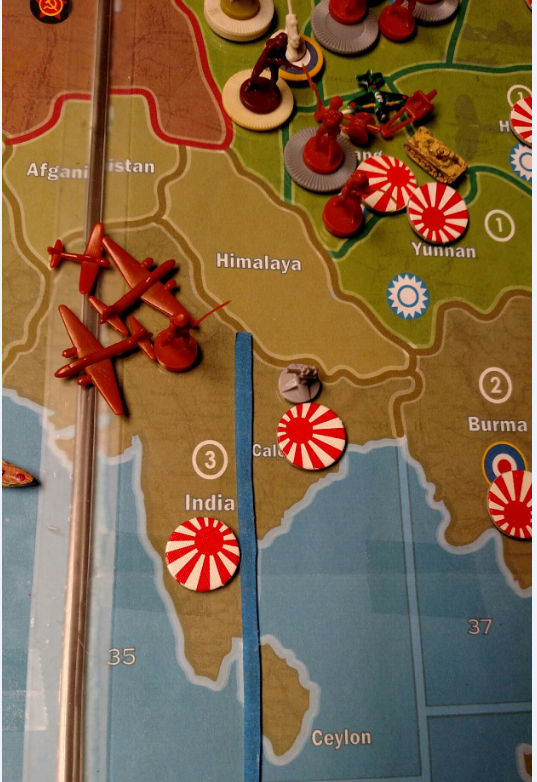@altruex
For me, playing with National Objectives is a must, 1) You’ll find that it makes the game WAY more interesting, 2) It is kinda the one thing that actually makes half the stuff you can do in a WW2 scenario make sense… and 3) It balances the game a lot better in that retrospectrum.
As for Research and Development, this is for sure optional since it kinda plays an important role but not super into swaying which side will beat the other, so do what you will with this.
As for house rules, I only have 1 house rule I put into play, one at which I like to call the “Siberian-Manchurian Pact” which, by the name you can probably tell that it relates to the real time non-aggression pact between the Soviet Union and the Empire of Japan at the time.
The reason I have this houserule into play is that for starters, I feel like it is a HUGE waste of time for the Soviets to be throwing valuable infantry into Japanese Manchuria all to gain a single infantry for 1 turn only to lose it, as well as the fact that it kinda defeats the purpose of Japan fighting the Pacific as a whole instead of having to deal with the annoyance of the Soviets taking Manchuria with like 5 infantry…
And in the other aspect of it, It is a huge waste of time for Japan to be going after Siberia, whether theres units there or not. It’s of the USSR player’s own will to move those infantry to the Eastern Front against Germany or to keep them there, but like I said, Japan can at most get like 4 to 6 IPC’s outta the far Eastern Russian territories… which I can literally get double that with like, 3 provinces down south (The Money Islands).
All in all, that’s not to say these 2 can’t go to war with eachother, the basic rule is that if Japan and The Soviet Union do go to war, it needs to be through the Chinese border with the Soviet Union and not the Manchurian border, because it saves people ALOT of time and strain and annoyance from either side if one is attacking the other.
Just my opinion though.







